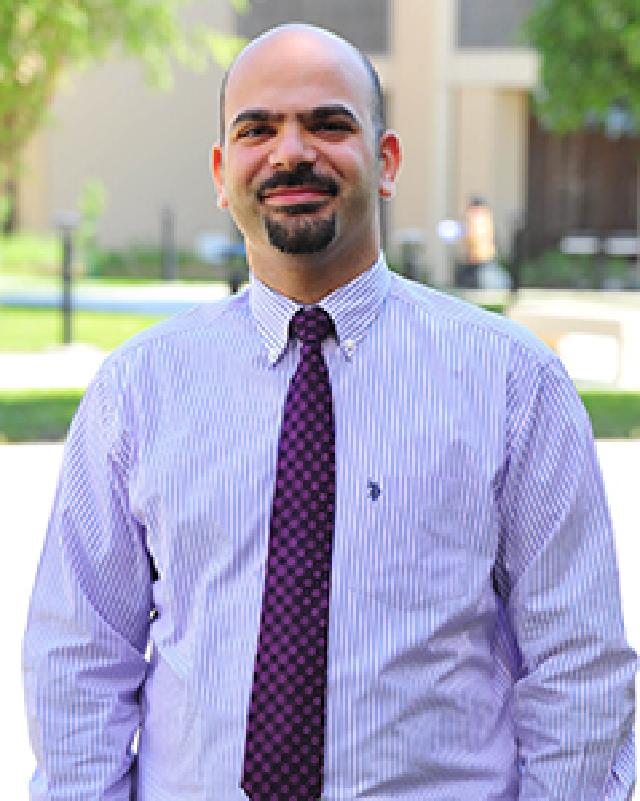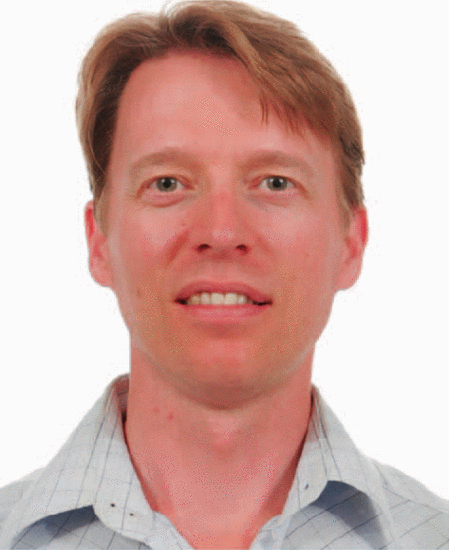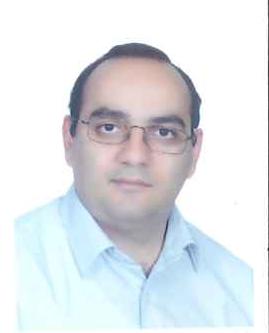Distinguished Lectures Series
A distinguished researcher or expert of ITS and/or related areas is invited to give a lecture to the trainees. The lecture serves as a multi-objective activity since these experts can exchange valuable professional experiences, stimulating trainees to pursue their careers besides the content convey in their presentations. The trainees in turn have the opportunity to interact with such exceptional individuals.















